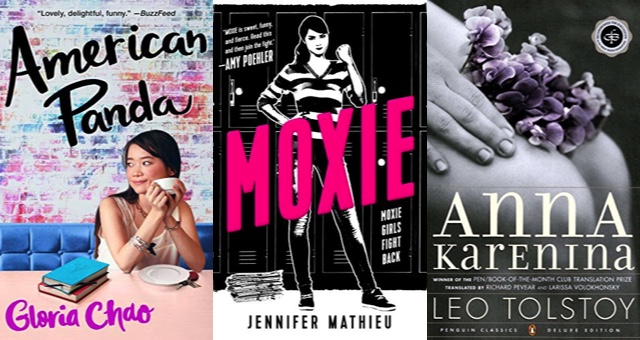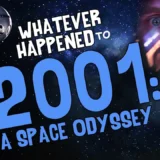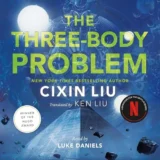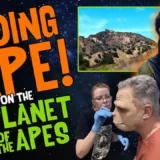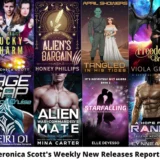Buffy the Vampire Slayer meets Sky in the Deep in this bewitching, historical horror novel, perfect for fans of Holly Black and V.E. Schwab.
Emily Lloyd-Jones grew up on a vineyard in rural Oregon, where she played in evergreen forests and learned to fear sheep. She has a BA in English from Western Oregon University and a MA in publishing from Rosemont College. Her novels include Illusive, Deceptive, The Hearts We Sold, and now, The Bone Houses.
We had the chance to chat to Emily about her upcoming novel The Bone Houses, including its inspiration, along with her writing process, book recommendations, and more! You can find Emily on Twitter and Instagram, along with her website.
Hi Emily! Tell us a little about yourself!
I’m a novelist living in rural northern California with my temperamental cat and an ever-growing pile of books I want to read. When I’m not writing, I like experimenting with my homemade sourdough recipe, going for walks in the woods, and being the world’s most casual gamer.
When did you know you wanted to be a writer?
I’ve always loved books—my mother claims I wrote my first “book” when I was about six or so by stapling pages together and scribbling a lot of stick figures. But I knew I wanted it as a career when I was in my teens. Books were always an escape for me and they got me through some difficult times. I wanted to do the same for other teens—which is why I decided to write for the young adult genre.
Your new novel, The Bone Houses, is set to publish on September 24th. If you could only use five words to describe it, what would they be?
Dead things don’t stay buried.
Now let’s hear some more! What can readers expect?
The Bone Houses is the story of a teenage gravedigger, Ryn, who is trying to keep her family afloat by managing the local graveyard. Which would be easier if the undead weren’t shambling out of the forest at night and making everyone too scared to bury their dead. She joins forces with Ellis, an apprentice mapmaker with secrets of his own, to venture into long-forgotten mountains to end the curse and save her family.
Where did the inspiration for The Bone Houses come from?
Two things happened in quick succession: first, I read an article about historians putting forth the theory that people in medieval times were dismembering the dead so they wouldn’t rise again. Of course, because my brain immediately jumps on that sort of thing, my first thought was, “Medieval zombies would be a great story idea.” And then, shortly afterwards, I got a phone call that my last living grandparent was in hospice. I loved her very much and I ended up spending the rest of the evening thinking about how loss affects us all. Somehow, the zombie idea and my own personal news ended up merging in my brain and… I ended up with a story about medieval zombies that deals heavily with themes of grief and family loss. Add in a dash of Welsh mythology, and there we go.
Were there any particular aspects, such as a character or scene, that you found more challenging to write?
There is a chapter set entirely in an old abandoned copper mine. I’m a bit of a method writer—a lot of research goes into each of my books. But I have never been in a mine, never mind an ancient mine. I wanted to know what it smelled like, what color the stones were—all of the sensory details that you cannot get from book or internet research. So I ended up travelling to Wales and crawling around a copper mine for research purposes. It was actually a great time.
How long did it take you to complete The Bone Houses?
I believe it took about a year and a half—from starting the first draft to putting the final touches on the last revision.
What’s your writing process like?
I’m an outliner; if I don’t know how the story is going to end, I can’t start it. The middle is usually a big more vague—as long as I know the general beats of the story, I can usually muddle my way through. I’ll tighten it up in subsequent drafts. The only thing I won’t outline are character relationships because I like those to develop more naturally.
Do you have any advice for aspiring writers?
Think of writing like any other skill. It takes time and patience. You don’t need a degree or a formal education as much as you need desire to learn and improve. Do take the time to learn how the industry works; there are tons of online resources. As for books, read widely—fiction and non-fiction. Inspiration can come from the strangest of places, so always keep your eyes open.
Lastly, do you have any book recommendations for us?
I am going to be slightly shameless and recommend His Hideous Heart, an anthology of Edgar Allen Poe retellings that releases September 10th. It’s a great short story collection—and I’m not just saying that because I’m one of the contributors. ?



